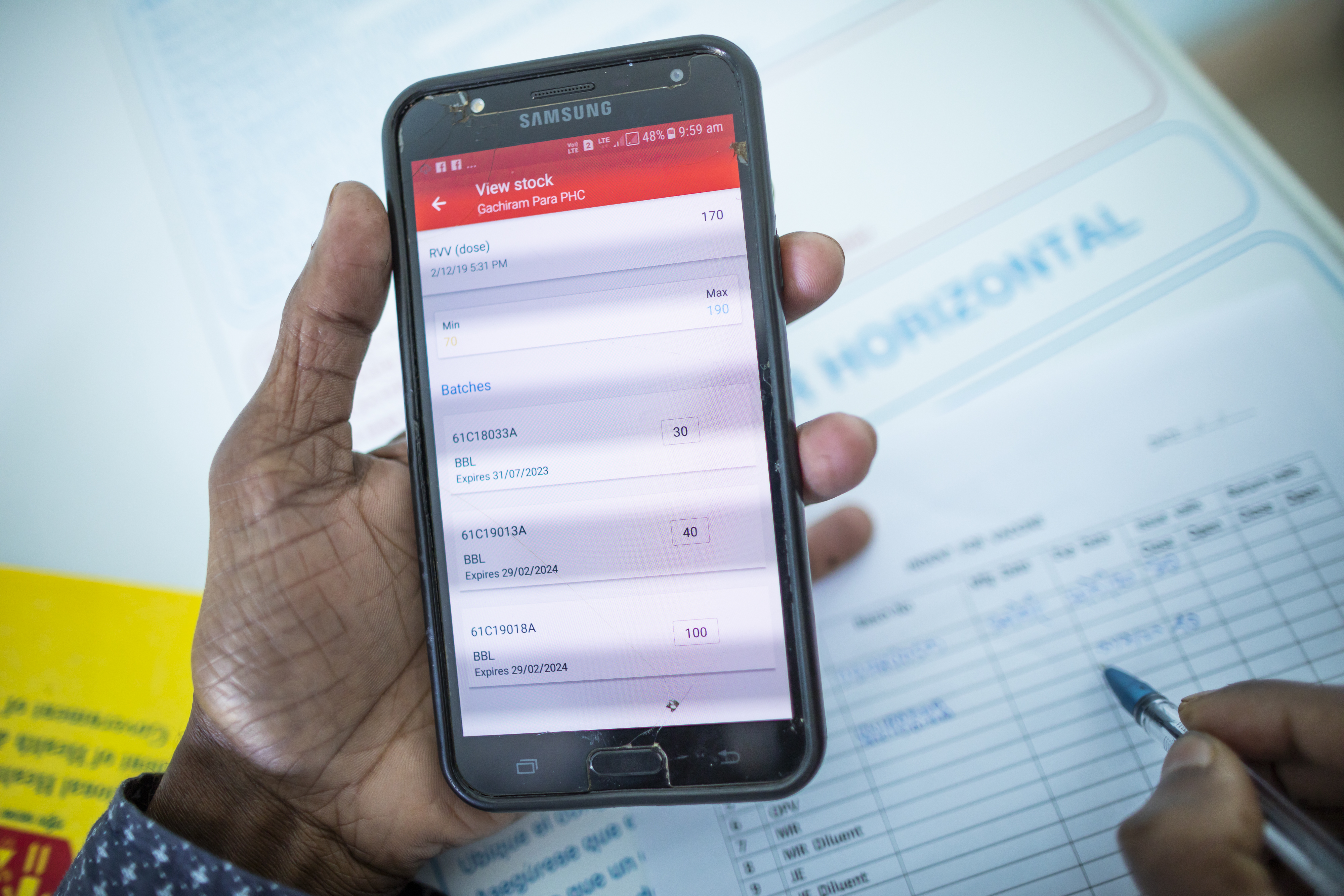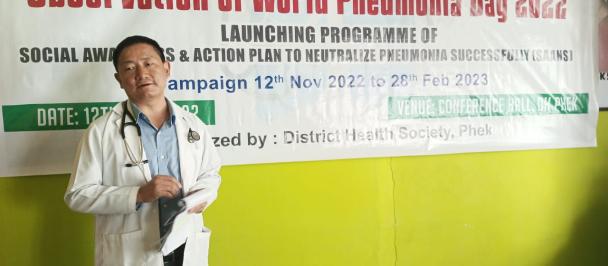- Lav Agarwal and Shoko Noda
How India is using tech to reshape health care
May 2, 2023

With one of the fastest growing digital footprints in the world, health interventions such as U-WIN and Co-WIN will take health care to everyone.
One would imagine that building an effective digital health system with the capacity to serve more than a billion beneficiaries would be an ambitious project. However, India developed the CoWIN platform in less than three months during the coronavirus pandemic-induced lockdown. In less than 18 months, CoWIN helped administer two billion Covid-19 vaccination doses, protecting over 90% of all eligible adults. CoWIN demonstrates how India has been progressively digitalising its health systems to improve efficiency and reach the last mile. The platform was built on the foundation and network established by another Indian digital platform, eVIN or the electronic vaccine intelligence network.
After the success of eVIN and CoWIN, India is now on the cusp of revolutionising the world’s largest universal immunisation programme for expecting mothers and newborns — reaching out to 29 million pregnant women and 26 million newborns annually, and protecting against 12 vaccine-preventable diseases, such as diphtheria, tetanus, polio, measles, rubella, rotavirus diarrhoea and hepatitis B. The Government of India has piloted a path-breaking digital health solution, U-WIN, to e-register and track the vaccination status of all expecting mothers and children across India.
Under the leadership of Prime Minister Narendra Modi, the government is committed to ensuring that no expecting mother or newborn is left out from receiving life-saving vaccines. This commitment has shown admirable results with a reduction of vaccine-preventable diseases and a decrease in India’s under-five mortality rate from 49.7 per 1,000 live births in 2015-16 to 41.9 per 1,000 live births in 2019-21, according to theNational Family Health Survey data. In addition, infant mortality rates have also decreased further.
States use different mechanisms and data sources to report and monitor births. Despite the best efforts of health care workers, the conventional Management Information System approach to collect and update data may result in beneficiaries being left out of the vaccination processes. In addition, incorrect projections from this approach could impact the vaccine supply chain, resulting in some regions receiving more vaccines than required while others face shortages.
The U-WIN platform is designed to become the single source of truth, with a common database accessible to all states and Union Territories, streamlining data-driven decision-making. U-WIN will also enable expecting mothers and newborns to receive vaccinations anywhere in the country, ensuring that migrant populations do not miss out on them. In addition, the system will allow citizens to book and schedule appointments and keep track of the vaccines they need to take.
U-WIN, developed by the ministry of health and family welfare with support from agencies like UNDP, has been piloted in 65 districts, and within 10 weeks, more than 1.6 million vaccine doses have been digitally tracked, and over 600,000 beneficiaries have been registered on it. Once expanded to the entire country, U-WIN will become the largest Electronic Immunisation Registry in the world. It will also assist health workers in digitally tracking vaccine supplies and the vaccination status of beneficiaries based on their previous vaccination records. In addition, the registration and vaccination status will be updated in real-time, providing a more accurate picture of the coverage status, with validation checks at every service delivery point.
Interlinkages and interoperability are key to maximising the benefits of any digital database. U-WIN will be interoperable with other portals such as Ayushman Bharat Digital Mission (ABDM), eVIN, National Identification Number, and Reproductive and Child Health Portal (RCH 2.0). The integration of U-WIN and ABDM is significant as the latter will become the backbone of an integrated digital health infrastructure.
During its G20 presidency, India has been showcasing digital health innovations and digital public infrastructure that works for millions of people, improving the efficiency and quality of health care. In addition, India has indicated its intent to offer such technologies to interested countries. With one of the fastest growing digital footprints in the world, health interventions such as U-WIN and Co-WIN will take health care to everyone — from the three-month-old Hafsa in the Tral district in Jammu and Kashmir to 29-year-old Prathima, an expecting mother in Perka village in Andaman and Nicobar Islands.
Lav Agarwal is Additional Secretary, Ministry of Health and Family Welfare, Government of India.
Shoko Noda is Resident Representative, UNDP India.
Original article here.

 Locations
Locations

